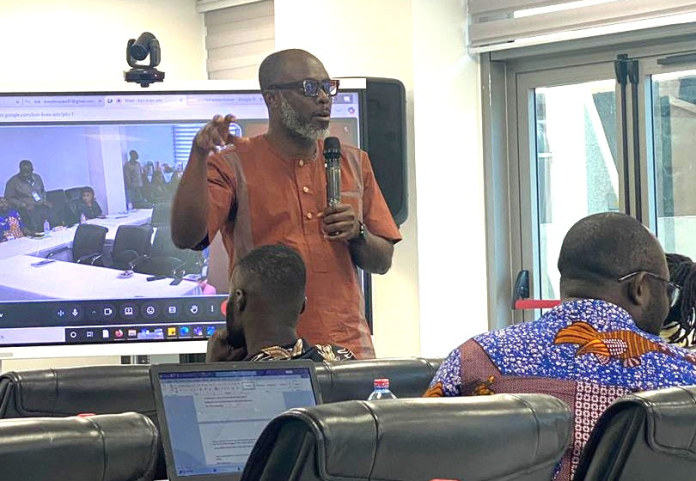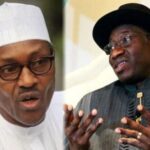NPG warns of credibility crisis as government officials explore Russian floating reactor option
A quiet but significant policy rift is emerging within Ghana’s energy sector over the future direction of the country’s nuclear power programme, as government officials explore the possibility of adopting Russia’s Floating Nuclear Power Plant (FNPP) technology — a move Nuclear Power Ghana (NPG) has firmly rejected.
The Executive Director of NPG, Dr. Stephen Yamoah, has publicly distanced his outfit from any plans to consider floating reactors, describing the proposal as inconsistent with Ghana’s long-term nuclear development strategy and potentially damaging to the country’s international reputation.
Speaking at the close of a media capacity workshop in Accra, Dr. Yamoah warned that diverting from the approved nuclear roadmap could erode international confidence built over years of methodical progress under the supervision of the International Atomic Energy Agency (IAEA).
“We’ve come too far to gamble our credibility,” Dr. Yamoah said. “Ghana without a nuclear power plant is far better than Ghana with a floating nuclear power plant. The nuclear agenda is not a short-term electricity fix—it’s a foundation for industrialization and sustainable development.”
Contradictions at the Policy Level
Dr. Yamoah’s comments appear to contradict recent statements by Dr. Robert Mawuko Sogbadji, Deputy Director in charge of Alternative and Nuclear Energy at the Ministry of Energy and Green Transition.
While speaking at the World Atomic Week in Moscow, Dr. Sogbadji disclosed that Russia had proposed deploying three floating nuclear power units of 100MW each to Ghana. He said the move could offer flexibility, mobility, and scalability in meeting short-term power supply needs.
unserious actor within the global nuclear community.”
Industry observers warn that if not managed properly, the mixed signals could compromise Ghana’s credibility in the eyes of international partners and financiers—particularly as the country prepares to enter Phase Three of its nuclear milestone process, which involves construction and commissioning.
Credibility, Not Just Technology, at Stake
Energy analysts argue that while floating nuclear technology offers advantages in mobility and modular design, it remains relatively untested in Africa and raises complex questions about safety, environmental oversight, and cost recovery.
Dr. Yamoah cautioned that chasing experimental models for short-term political or commercial gain could undermine Ghana’s years of careful groundwork.
“The international community expects consistency,” he said. “If we suddenly change course, we risk losing the trust that has taken us over a decade to build.”
The Bigger Picture: Trust, Transparency, and National Interest
At the media workshop—held under the theme “Media Practice: A Bridge in Building Sustainable Community Development”—Dr. Yamoah and other speakers emphasized that nuclear development must remain a national project, not a political or commercial experiment.
Energy experts like Nana Amoasi VII, former Executive Director of the Institute for Energy Security, and Albert Kofi Owusu, General Manager of the Ghana News Agency, urged government to maintain transparency and policy coherence.
“Public trust is the real currency of nuclear development,” Nana Amoasi said. “If the public senses confusion or hidden agendas, the entire project could lose legitimacy.”
A Test of Leadership in Ghana’s Energy Transition
As Ghana moves closer to final site selection and vendor approval for its nuclear power project, the unfolding debate over floating versus land-based reactors has become more than a technical discussion—it’s a test of policy discipline, institutional alignment, and national vision.
Whether Ghana maintains its original course or experiments with new alternatives, experts agree on one thing: the decisions taken now will define the credibility of Ghana’s nuclear journey for decades to come.
Source: newsghana.com.gh




